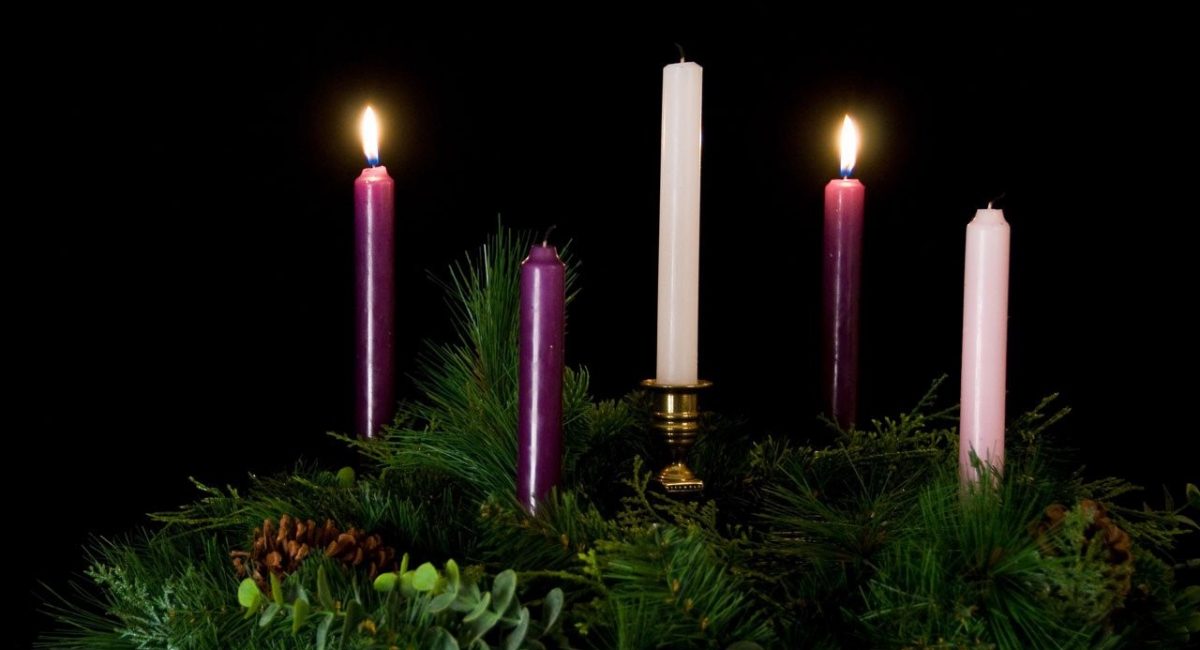CYCLE B | ADVENT | WEEK 2
REFLECTION
– By Fr Ugo Ikwuka
Archway, London
The story is told about the baptism of King Aengus by St. Patrick in the middle of the 15th century. Sometime during the rite, Bishop Patrick leaned on his sharp-pointed staff (crosier) and inadvertently stabbed the king’s foot. After the baptism was over, Patrick looked down at all the blood, realized what he had done, and begged the king’s forgiveness. “Why did you suffer this pain in silence?” he enquired. The king replied, “I thought it was part of the ritual.”
It is ironical that suffering appears to be part of what it means to be Jewish – supposed people of God. This Sunday’s First Reading is set in the context of their return from the Babylonian exile which took place with the destruction of their first Temple (586 BC). Though they suffer as a consequence of their alienating themselves from God – breaking their covenant relationship with Him, they have suffered enough.
Thus, in today’s First Reading, the Prophet Isaiah announces liberation to them at last: “Comfort, comfort my people”, the Lord charged him. “Speak to the heart of Jerusalem… that her time of service is ended … Shout without fear, say to the towns of Judah, here is your God.” Yet, they must “Prepare the way for the Lord: every valley must be filled in and every mountain laid low, every cliff must become a plain, then, the glory of the Lord shall be revealed!” While the Messiah would actually ride on a donkey through the streets into Jerusalem, his ultimate mission and destination is the human heart. It is therefore the road to the heart that they are called to fix.
They are to straighten the crooked ways of infidelity. Having suffered protracted exile and slavery, bitterness and resentment must have also ‘mounted’ in their hearts. These too need to be levelled. Moreover, they would have become dispirited in exile, lacking in religious fervour. Hence, they must rise from the ravines of moral laxity and spiritual despondency. Spiritually, the mountains, twisted roads, ravines and impervious places can be generally identified with the capital sins of Pride, Greed, Lust, Anger, Gluttony, Envy and Sloth. Thankfully, these can be correspondingly remedied by growth in the virtues of Humility, Generosity, Chastity, Meekness, Temperance, Kindness and Diligence.
John the Baptist echoes this call of Isaiah in the Gospel, calling people out into the open desert. This reinforces the need for them to come out of their sulking withdrawal and dark places into the open for God to find them. Yes, God actively searches for us. He always makes the first move. That’s the primacy of grace. The God of the Bible is not an unmovable mountain that passively waits for us to come crawling to him but “a helicopter that comes to rescue people trapped in the battlefield.” God wants to land in our space. Our work is to provide a helipad, to clear obstacles that might make landing dodgy. Thus, if God’s dream for a world that works has not been fulfilled, it is due entirely to the obstacles we have placed in its path.
By calling the people into the desert, John was also calling them to let go of their false hopes and securities and learn to hope and trust in God alone. It is a call to let go of our grip on the goods of this world as ultimate goods: career, fame, reputation, material wealth, power – all the things that beguile the ego. By his own simple lifestyle, John showed that the meaning of life is not to be found in clinging unto these worldly goods but in relationship with God. Simplicity of life, and detachment from the unnecessary cares and worries of life frees the heart for a personal relationship with God.
Often we fear losing the “securities” and “pleasures” that come from the good things of this world should we let go. But we are like the man that clutched on the foliage as he fell from a high cliff and was suspended mid-air. He prayed for God to rescue him but when God asked him to let go of the shrubs, he thought God must be crazy. Like the foliage, these “attachments” can never ultimately secure us, and, until we let go our grip on them, we cannot get grips of the grace that God extends to us. Saint Augustine says that, “God who made us without our help, will not save us without our help.”
Advent is the time for us to make way for the Lord who comes to be born in us, in our hearts. We prevent the coming of the Lord by not opening ourselves to the radical implications of the message of Isaiah and John the Baptist which is essentially a call to repentance. The thinker Blaise Pascal observed that there are only two kinds of men: the righteous who think they are sinners and the sinners who think they are righteous.
Every year we all sermonize on how society is trying to destroy the meaning of Christmas and we nostalgically recall how Advent Calendars that have been hijacked by chocolate manufacturers used to be a wholly Christian tradition. Perhaps, we should rather be more concerned with preparing for the coming of the Lord by preparing ourselves – by attitude change. Ultimately, the prophecy of Isaiah: “Behold your God! Behold, the Lord God comes with might” is fulfilled in Jesus who comes with his words, actions, death and resurrection, inaugurating an exodus that was no longer temporary, but radical and definitive: the transition from the kingdom of evil to the Kingdom of God, from the dominion of sin and death to that of love and life.




